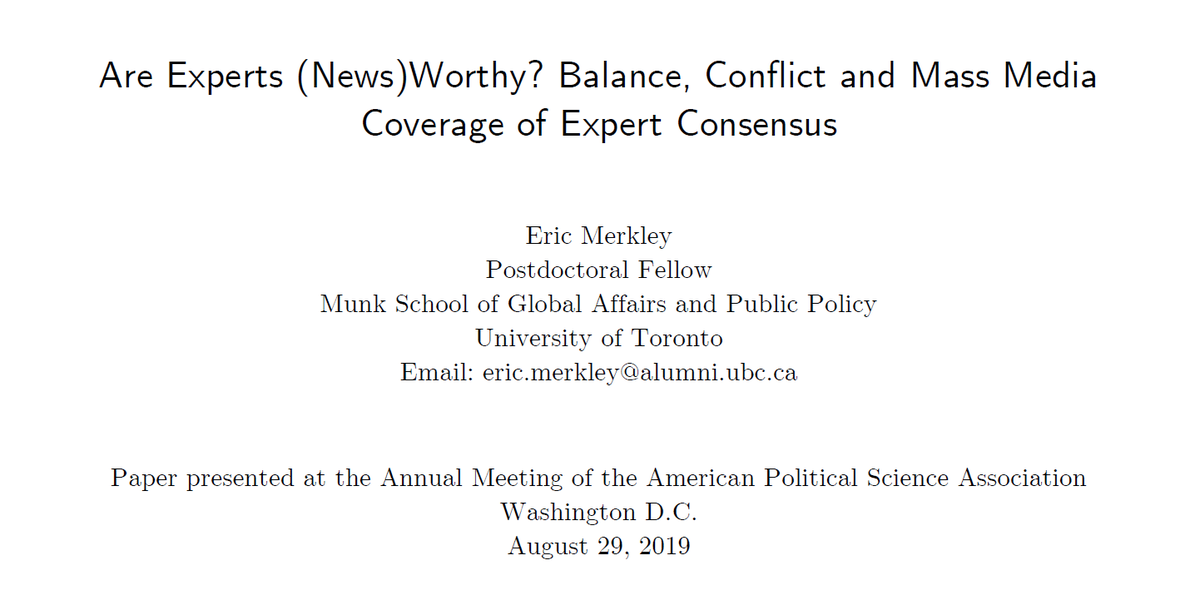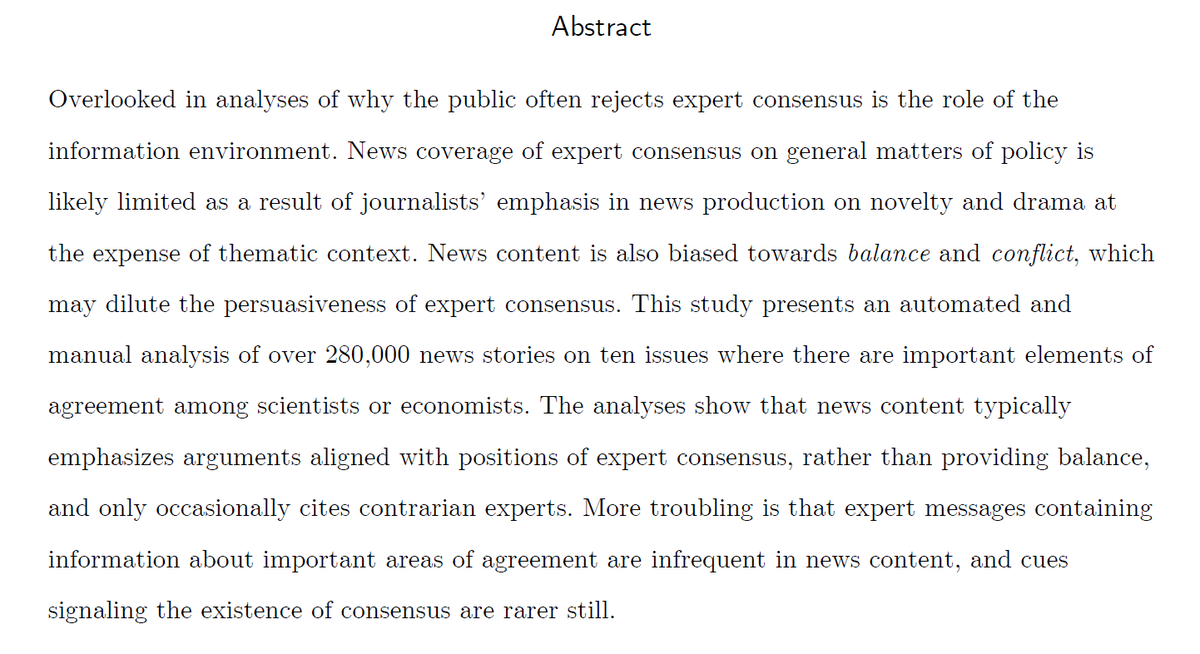
👀 Awesome to see my article with @PeejLoewen online at @NatureHumBehav (!) In it we highlight the tremendous importance of anti-intellectualism in the public's response to #COVID19 in 🇨🇦 Check it out! 👇 1/
nature.com/articles/s4156…
nature.com/articles/s4156…

I wrote a blog post for @nature Portfolio's "Behind the Paper" channel that goes into some of the background of the article and highlights the key findings 2/
socialsciences.nature.com/posts/anti-int…
socialsciences.nature.com/posts/anti-int…
You can also find more discussion of the article's findings in my 🧵 below 3/
https://twitter.com/EricMerkley/status/1372269005025783815
View-only link to the Nature Human Behaviour article here: rdcu.be/cjz7w
Ungated pre-print here: osf.io/agm57/ 4/
Ungated pre-print here: osf.io/agm57/ 4/
• • •
Missing some Tweet in this thread? You can try to
force a refresh








